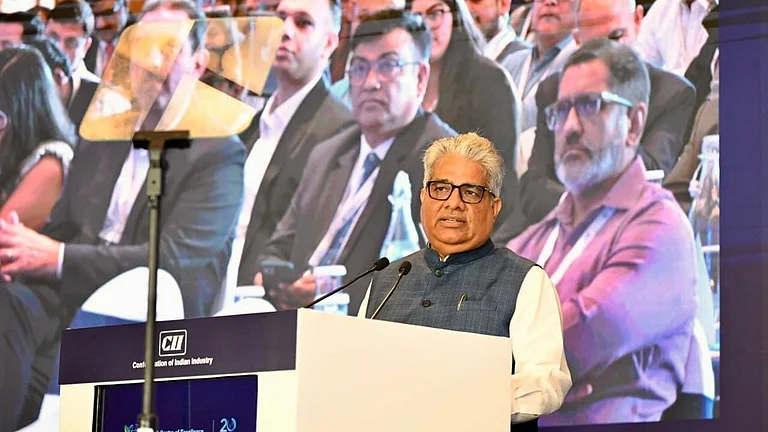Investor events postponed, financial model incomplete, new funding structures under discussion.
Brazil pledges $1 billion, hopes other nations commit before COP30.
Fund aims to pay $4 per hectare for forest conservation globally.
Brazil’s $125 Bn Forest Fund Launch Delayed Ahead of COP30 — Here’s Why
Brazil’s $125 billion forest fund faces delays as launch nears COP30 summit
Brazil’s intention to raise $125 billion through the Tropical Forest Forever Facility is facing delays as investor events are postponed or cancelled. The nation is also exploring new funding structures as plans to work with the World Bank changed after US criticism and the financial model isn’t finalised yet.
Brazil has pledged $1 billion to kick start the fund, with the hope that more nations will commit funds for COP30. The TFFF team is still finalising details of the financial model, which should be ready this week, reported Bloomberg.
What’s the Tropical Forests Forever Fund?
The Tropical Forests Forever Fund (TFFF) is an initiative spearheaded by Brazil with an aim to transform the world’s approach to conservation, with over 70 developing countries with tropical forests eligible to receive funds from one of the largest multilateral funds proposed so far.
The TFFF is leading efforts to establish the TFFF since COP28, held in 2023 in Dubai. So far, five other tropical forest nations have joined that include Colombia, Ghana, the Democratic Republic of Congo, Indonesia and Malaysia. In addition, five potential investor countries are helping shape the mechanism including Germany, the United Arab Emirates, France, Norway and the United Kingdom.
How does the TFFF function?
The tropical forest countries joining the TFFF are required to submit annual reports to the fund’s board proving forest conservation, monitored by satellite. Brazil already conducts this monitoring through its National Institute for Space Research (Instituto Nacional de Pesquisas Espaciais/INPE), and could serve as an example for other nations, according to MMA. The figures sent to nations with forests are based on calculation of $4 per hectare preserved. Transfers may be cut or discounted depending on the measured level of deforestation and forest degradation.
Beneficiary countries will have autonomy to define the final destination of the funds. In Brazil, the MMA projects that the funds could strengthen a series of environmental conservation measures, such as the Bolsa Verde Program, the National Policy for Payment for Environmental Services and actions to encourage bioeconomy.
While it offers freedom in the application of resources, the TFFF has eligibility rules. Countries must have transparent financial management systems and agree to set aside 20% of the resources specifically for indigenous people and traditional communities.
As far as the investments made by the fund to remunerate countries are concerned, investment in projects involving fossil fuels is prohibited. The priority is to opt for actions and securities from governments and companies in emerging countries and products considered green.

